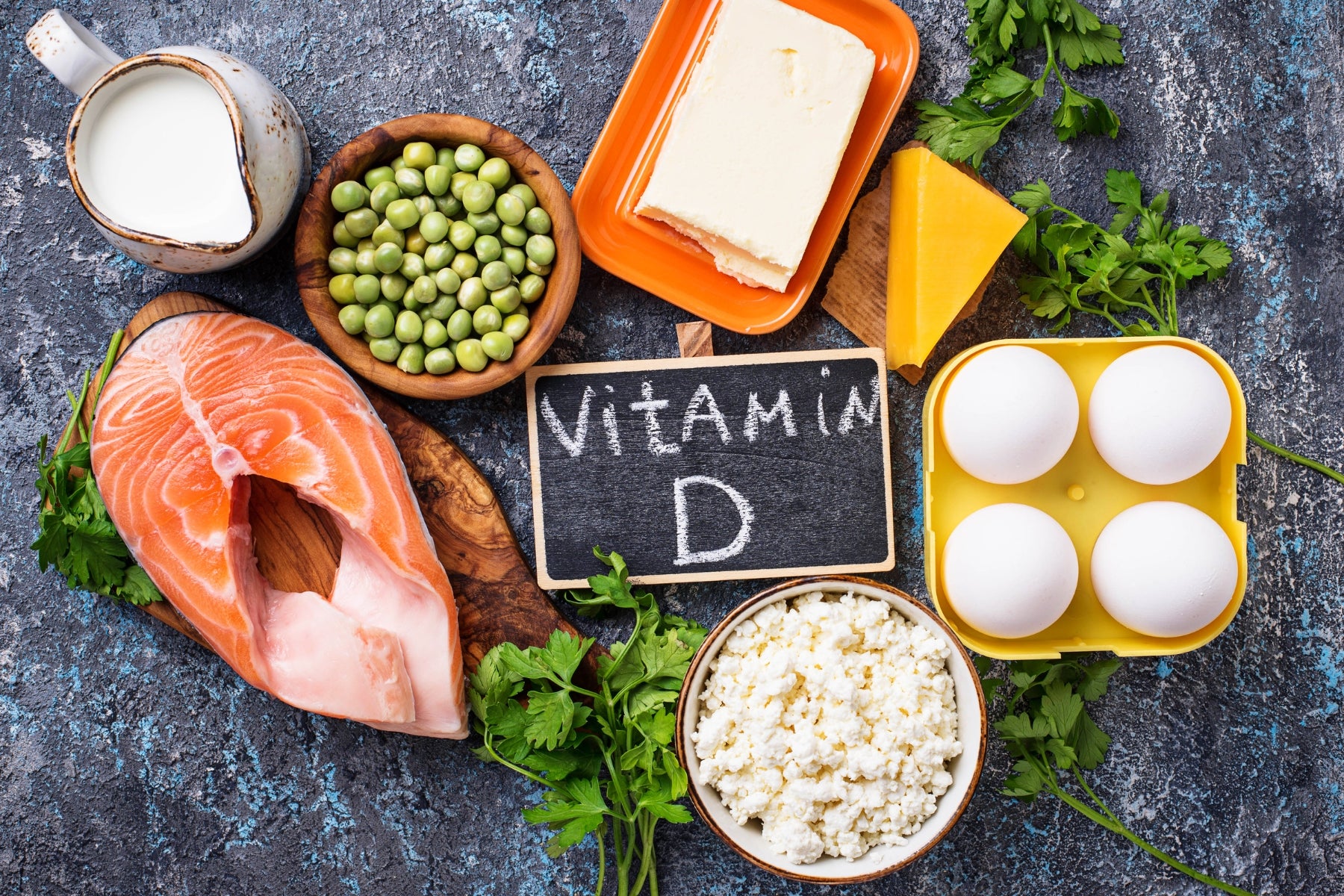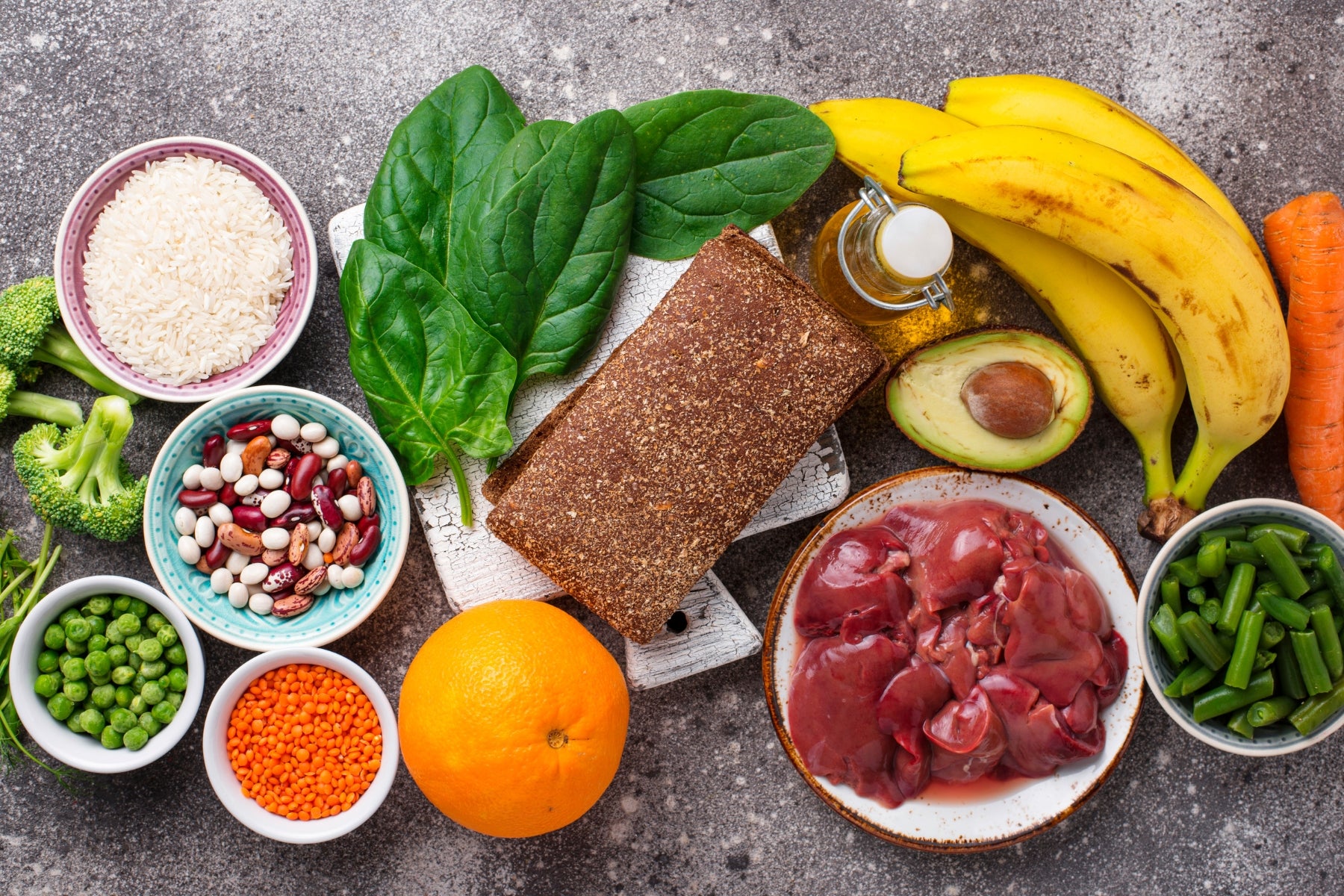Table of contents
1
Was ist Vitamin-B12-Mangel und wie viel Vitamin B12 brauchst du täglich?
2
Vitamin-B12-Mangel Symptome
Vitamin-B12-Mangel Symptome Frauen
Vitamin-B12-Mangel Gewichtszunahme
Vitamin-B12-Mangel Symptome Augen
Vitamin-B12-Mangel Neurologische Symptome
3
Vitamin-B12-Mangel Ursachen
4
Vitamin B12 Überdosierung
5
Vitamin B12 in Lebensmitteln
Vegane Vitamin-B12-Quellen
Tierische Vitamin-B12-Quellen
Vorbeugung von Vitamin-D-Mangel durch Trinknahrung
Table of contents
1
Was ist Vitamin-B12-Mangel und wie viel Vitamin B12 brauchst du täglich?
2
Vitamin-B12-Mangel Symptome
Vitamin-B12-Mangel Symptome Frauen
Vitamin-B12-Mangel Gewichtszunahme
Vitamin-B12-Mangel Symptome Augen
Vitamin-B12-Mangel Neurologische Symptome
3
Vitamin-B12-Mangel Ursachen
4
Vitamin B12 Überdosierung
5
Vitamin B12 in Lebensmitteln
Vegane Vitamin-B12-Quellen
Tierische Vitamin-B12-Quellen
Vorbeugung von Vitamin-D-Mangel durch Trinknahrung
Tierische Vitamin-B12-Quellen
| Tierische Vitamin-B12-Quellen | Vitamin-B12-Gehalt pro 100 g |
|---|---|
| 1. Venusmuscheln (gekocht) | 99 µg |
| 2. Lammleber (gebraten) | 86 µg |
| 3. Rinderleber (gebraten) | 83 µg |
| 4. Oktopus (gekocht) | 36 µg |
| 5. Austern (gekocht) | 29 µg |
| 6. Miesmuscheln (gekocht) | 24 µg |
| 7. Makrele (gekocht) | 19 µg |
| 8. Hering (geräuchert) | 19 µg |
| 9. Fischrogen (gekocht) | 12 µg |
| 10. Thunfisch (gekocht) | 11 µg |



